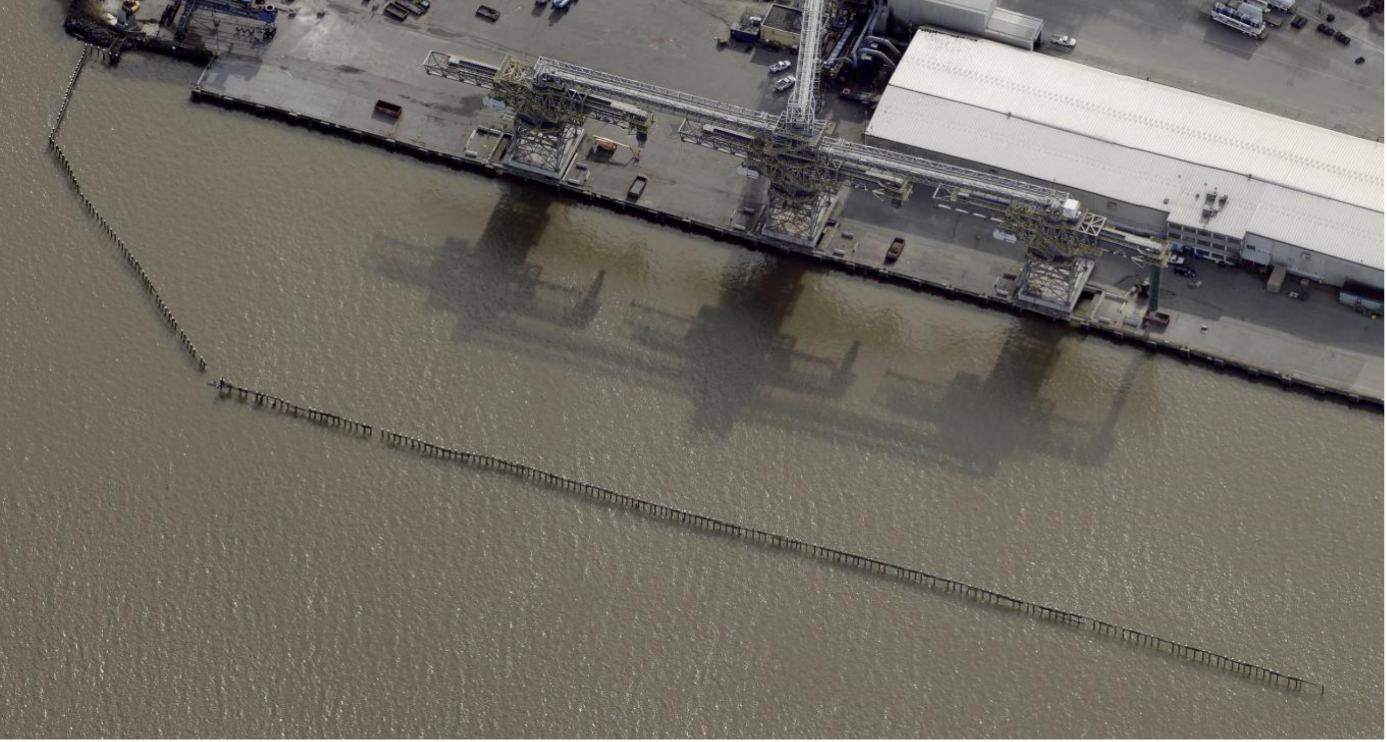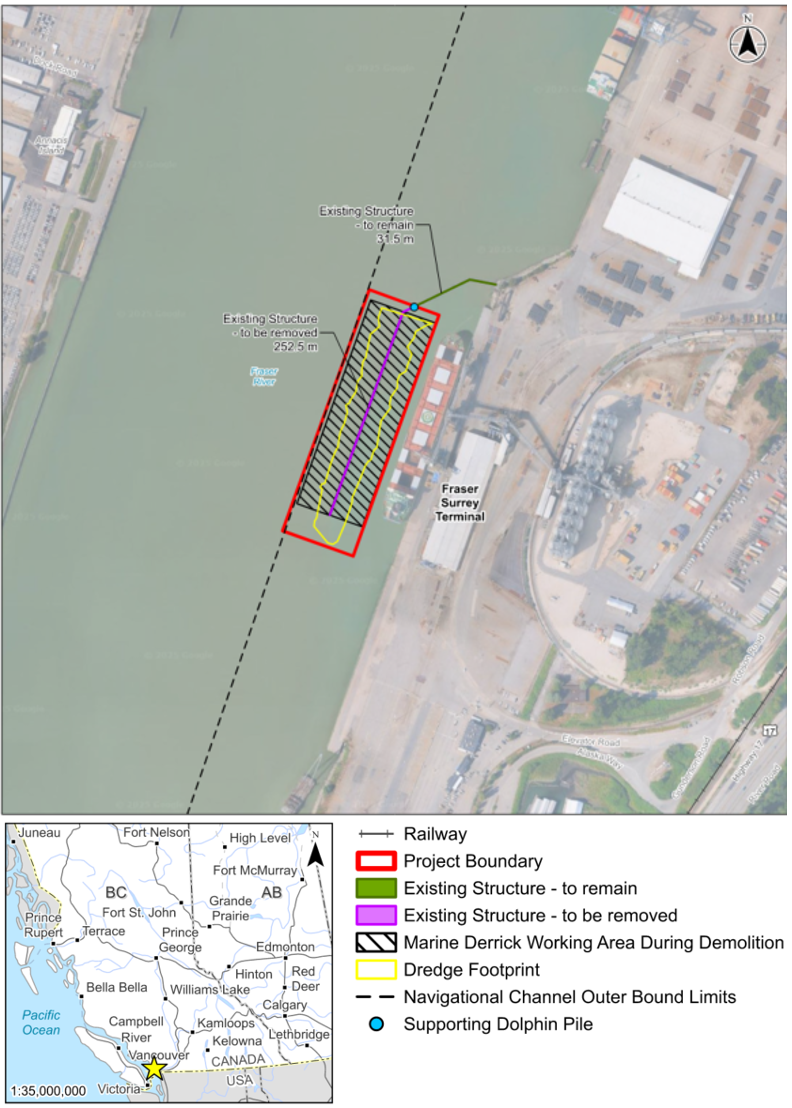-
- Global
- Algeria, Djazair
- Angola
- Argentina
- Australia
- Austria
- Belgium
- Brazil
- Canada
- Chile
- China
- Colombia
- Cyprus
- Czechia
- Dominicana
- Ecuador
- Egypt
- EU Intermodal
- Germany
- Hong Kong
- Hungary
- India
- Indonesia
- Italy
- Malaysia
- Mexico
- Mozambique
- Netherlands
- New Zealand
- Pakistan
- Panama
- Peru
- Philippines
- Poland
- Romania
- Rwanda
- Saudi Arabia
- Senegal
- Serbia
- Singapore
- Somaliland
- South Korea
- Suriname
- Thailand
- Turkiye
- United Arab Emirates
- Ukraine
- United Kingdom
- USA
- Vietnam
-
Menu
-
SOLUTIONS
Related content
![relatedcontent]()
Data Fills The Gaps In Modern Supply Chains
Global supply chains are no strangers to disruption, whether caused by trade disputes, geopolitics or the unpredictable forces of climate change. Amidst these challenges, an often-overlooked vulnerability lies in supply chain data gaps.
Read more![relatedcontent]()
Rail Networks Transform Supply Chains
Rail freight has the potential to revolutionise supply chains in both developed and developing nations, providing a key role in promoting sustainability and economic growth.
Read more -
INDUSTRIES
Related content
![relatedcontent]()
Making Healthcare Equity Reality
Healthy societies transform economies, yet the pandemics of the past few years have demonstrated that healthcare logistics is a complex beast and unique to that of any other sector.
Read more![relatedcontent]()
The Future Of EVs Is In Our Supply Chains
Electric vehicles (EVs) are proving to be the most popular replacement for fossil fuel cars. So much so that by 2030 electric vehicles will represent over 60% of vehicles sold globally.
Read more - SAFETY & SECURITY
-
SUSTAINABILITY
Related content
![relatedcontent]()
Changing the perception of water
Water is crucial for life on Earth and vital for our well-being. Businesses, including ours, can play a significant role in changing how water is used.
Read more![relatedcontent]()
Climate proofing the supply chain
We examine three climate scenarios, assessing the potential impact of weather hazards across 50 ports and terminals in our global portfolio.
Read more -
CLIENT CENTRE
Related content
![relatedcontent]()
Data Fills The Gaps In Modern Supply Chains
Global supply chains are no strangers to disruption, whether caused by trade disputes, geopolitics or the unpredictable forces of climate change. Amidst these challenges, an often-overlooked vulnerability lies in supply chain data gaps.
Read more![relatedcontent]()
Latest News
Read the latest press releases, news articles, and advisories from DP World in Canada.
Read More

Enhance your supply chain
Lower Berth Access Improvement (LBAI) Project
DP World Fraser Surrey Inc. is proposing the Lower Berth Access Improvement (LBAI) Project at its Fraser Surrey Terminal. The project will enhance vessel access and egress at the lower berths by removing a deteriorated section of an in-river wall structure originally built in 1967. This upgrade will improve safety, reduce vessel maneuvering, and increase berth utilization, while minimizing environmental impacts.

Upon completion, the project will remove aging infrastructure that currently restricts vessel movements, supporting more efficient, reliable, and safe port operations.
Key Benefits:
- Helping Canadian products access international markets by lowering vessel wait times and increasing berth utilization.
- Reduced navigation risks for marine traffic by removing the need to “double park” ships.
- Improving the long-term environment of the Fraser River by removing creosote piles.
Project broadly consists of the following components:
- Removal of aging wall structure: Demolition and disposal of ~1,400 creosote timber piles, 175 pairs of steel sheet piles, and associated structures.
- Sediment and rock removal: Dredging and removal of built-up sand along both sides of the wall and rock apron structure underneath it.
- Structural reinforcement: Support the remaining upstream wall section to maintain its protective function.
- Navigation safety upgrades: Reinstallation of navigational lights and markers on the remaining wall.
DP World Fraser Surrey is committed to reducing environmental effects by scheduling in-water work during least-risk fisheries windows, implementing wildlife protection measures, and developing a Construction Environmental Management Plan (CEMP). Engagement with stakeholders and Indigenous groups will ensure feedback is heard and addressed throughout the process.

Project Links







